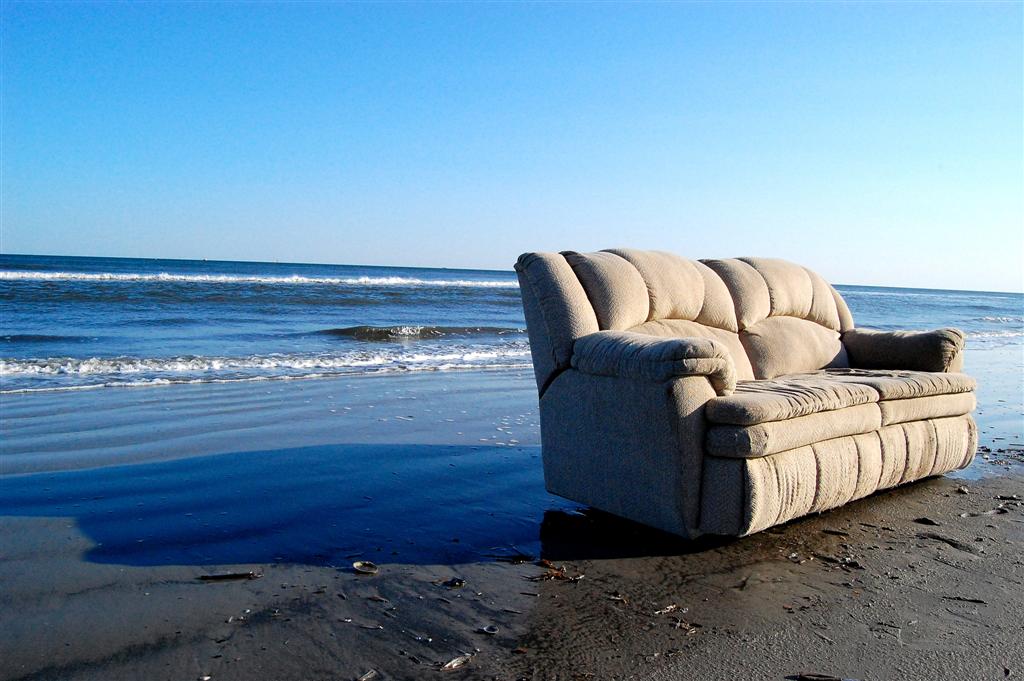



The entire service, whether you're offering space to a traveler or looking for a place to crash, is free, though it's recommended that you give something back to your host. Pictures of hosts far out number pictures of their accommodations, reinforcing the idea that you're not staying with someone for their questionable couch or lumpy twin bed, you're camping out with them for the experience they can offer.įor that reason travelers can't expect the polish of some of the nicer Airbnb rentals, but then again, travelers aren't paying for their CouchSurfing stay. Each host and traveler creates a profile including age, gender, interests and location.

If you have ever crashed at a friend's place, you've already got the basics of CouchSurfing, but since the host and the traveler in this case aren't friends there are few more twists to the service. Which begs the question: Where's the business in people sleeping on couches for free? Still, for a former non-profit that was run by volunteers, $22 million is a lot of money. The company is also planning to spend some of its VC cash to hire developers to build mobile apps for couch surfers on the go. That's a lot of couches.ĬouchSurfing says it plans to use the money to overhaul its website, giving it all the faster, sleeker, better help it can. Originally started as a non-profit, the company has since gone if not corporate, capitalist, raising $22 million in venture capital, the bulk of which came in a $15 million round announced this week. Three years before you could rent your fancy 5th Ave Manhattan apartment or luxury seaside mansion in Thailand on Airbnb, travel social network CouchSurfing was *the *place to fill up your sofa or spare bed with broke college kids or adventure seekers.


 0 kommentar(er)
0 kommentar(er)
